Blogs Related Mining Equipment, Projects & Process Plants
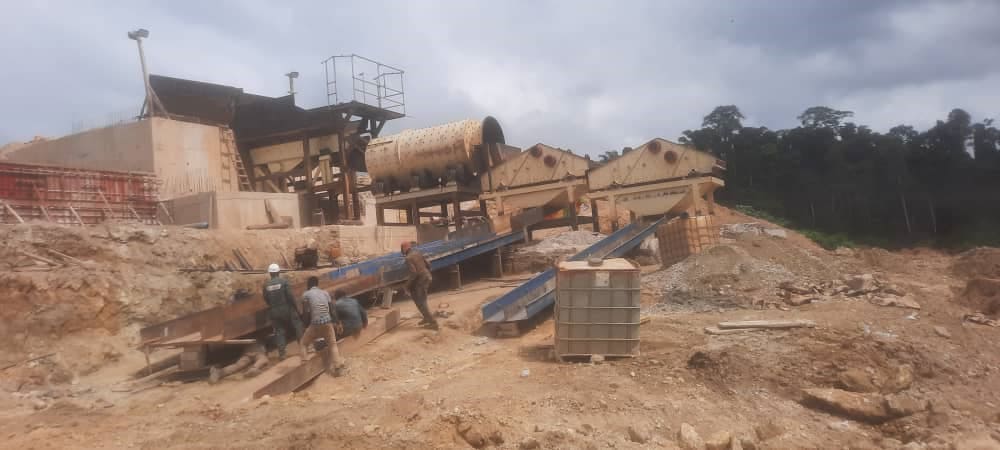
From Sticky Clay to Golden Returns: Ghana Alluvial Gold Processing Solution
Gold mining remains one of the world’s most valuable extraction industries, with alluvial gold deposits presenting both opportunities and challenges for miners. Ghana, with its rich mineral resources, has become a significant hub for gold mining operations in West Africa. One of the most challenging aspects of alluvial gold mining
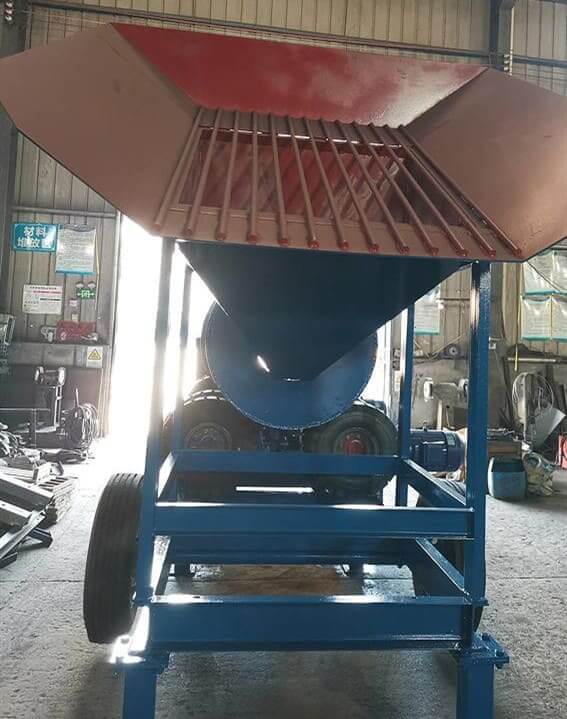
Ghana 50TPH Alluvial Gold Processing Plant Maximizes Gold Recovery
Ghana’s rich alluvial gold deposits attract miners from around the world, but the presence of sticky clay and fine gold particles presents unique challenges. For one local mining company, JXSC provided a 50TPH alluvial gold processing plant that not only addressed these challenges but also set the stage for future expansion.
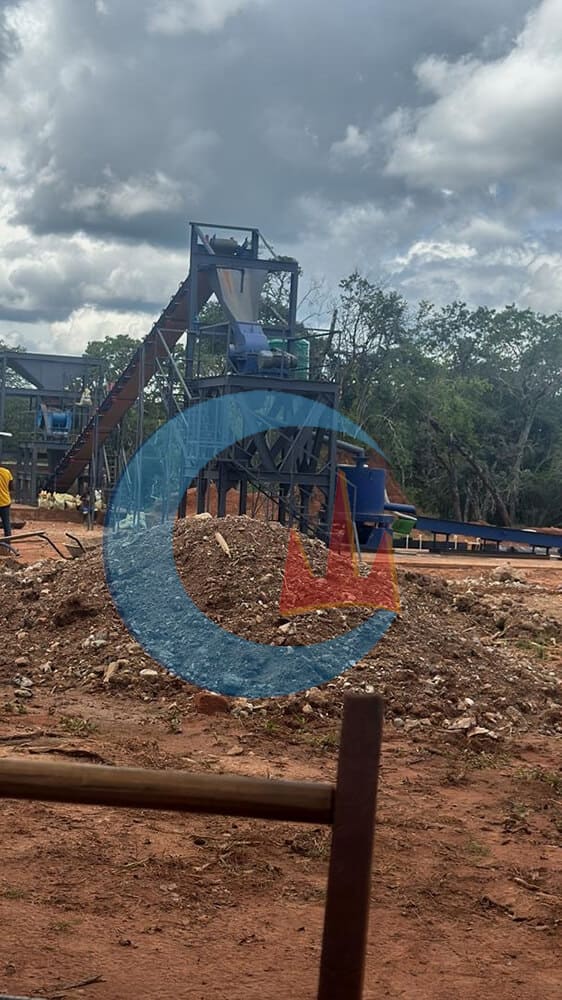
JXSC Case Study: 5TPH Hard Rock Gold Plant In Zambia
With over 40 years of experience in mineral processing, JXSC Mine Machinery has established itself as a trusted Mining Equipment OEM & ODM based in China. We specialize in providing sustainable minerals processing solutions, from customized equipment to complete end-to-end plant designs for global clients. One of our recent success
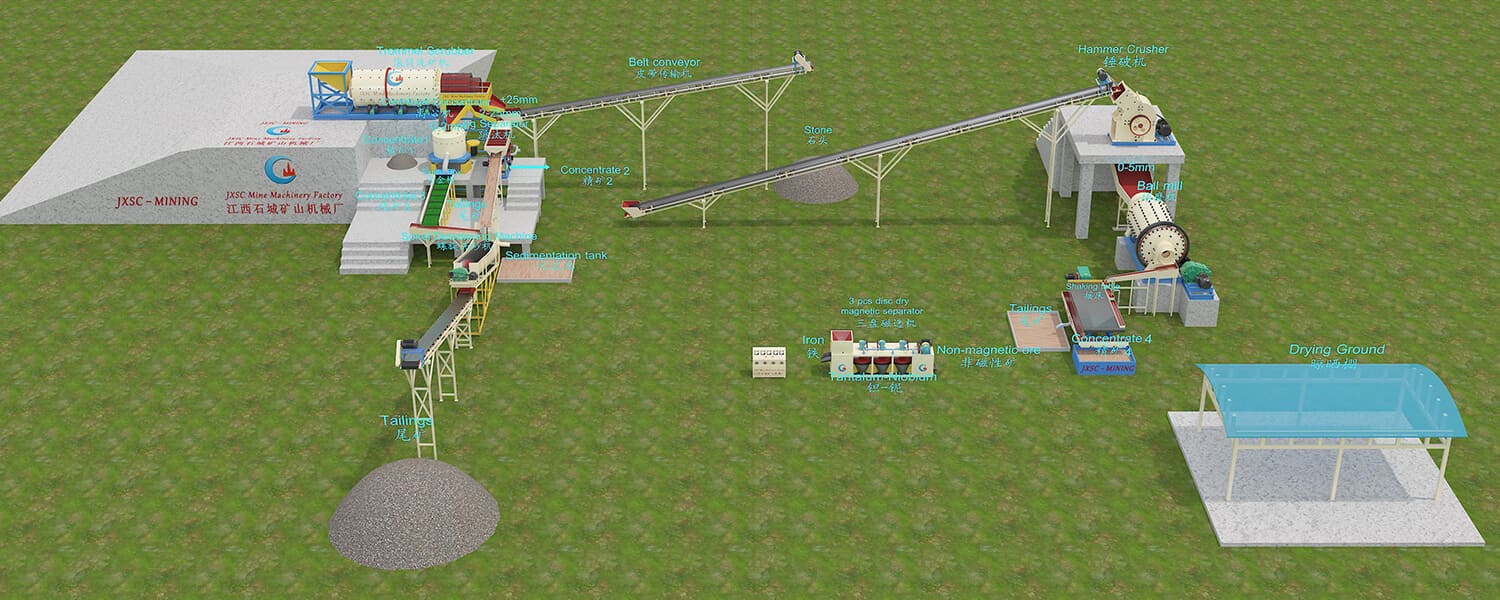
How We Designed This Portable Tantalum/Gold Plant?
In the mineral-rich soils of the Republic of Congo, small-scale miners face unique challenges when processing tantalum and gold from alluvial deposits. The sticky clay-laden ore demands specialized equipment, while remote locations require portable, off-grid solutions. This detailed guide walks through our recommended 40-ton-per-hour processing plant – a compact, diesel-powered
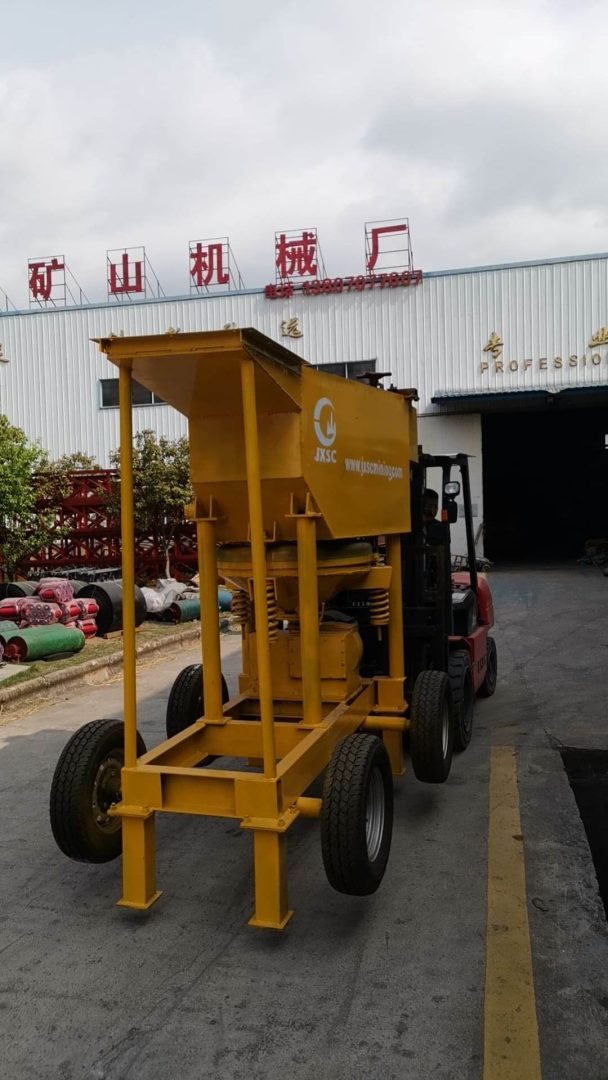
Mobile Diamond Mining Made Simple: The Angola 5TPH Plant Blueprint
In Angola’s alluvial diamond fields, where infrastructure is sparse and flexibility is key, our client found success with a compact 5TPH mobile diamond plant. Designed for portability and off-grid operation, this turnkey solution combines a trommel scrubber and jig separator to deliver efficient diamond recovery—even in remote locations. Whether you’re
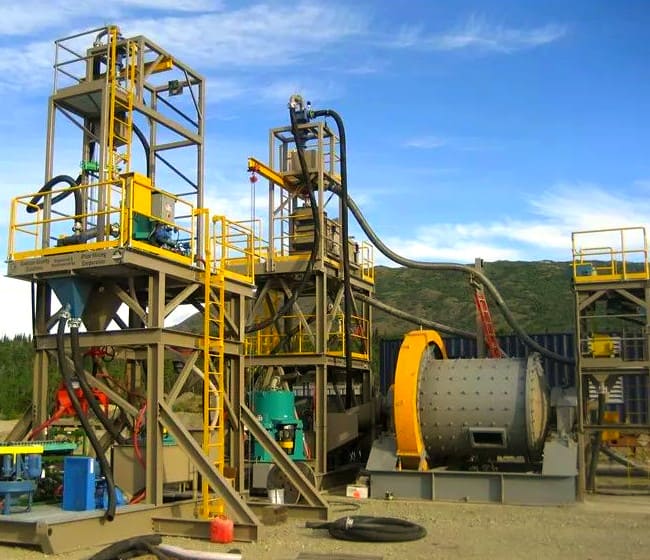
Gold Extraction Processes: Heap Leaching & CIL
The quest for gold extraction efficiency continues to drive innovation in mineral processing. Among the arsenal of available technologies, heap leaching and Carbon-in-Leach (CIL) have emerged as fundamentally different approaches catering to distinct mining scenarios. This technical breakdown examines these two industry-standard methods through four critical lenses: application, efficiency, cost, and
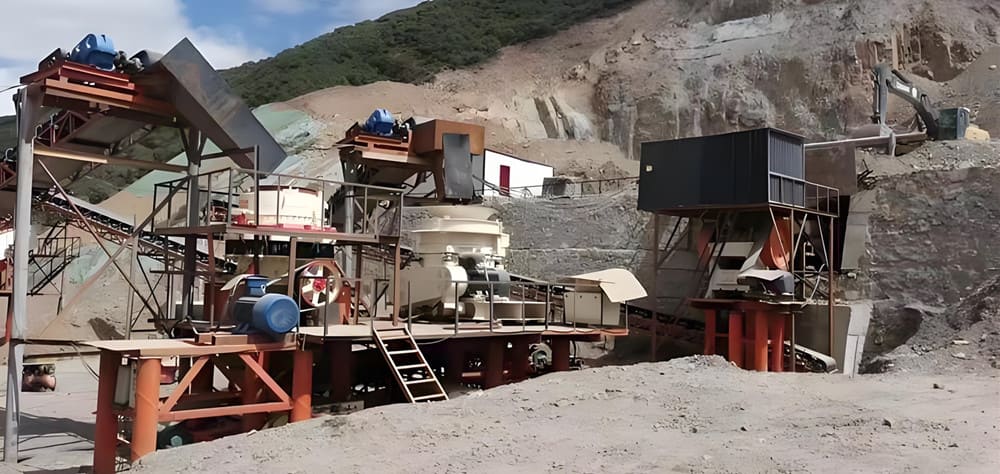
Mineral Processing Flow for Extracting Iron Concentrate from Iron Ore
The efficient conversion of iron ore into high-grade iron concentrate relies on precise control over four core processes: crushing, grinding, separation, and purification. The selection of processes and operational details at each stage directly determines the final product’s grade and cost. This article focuses on the entire workflow, systematically breaking
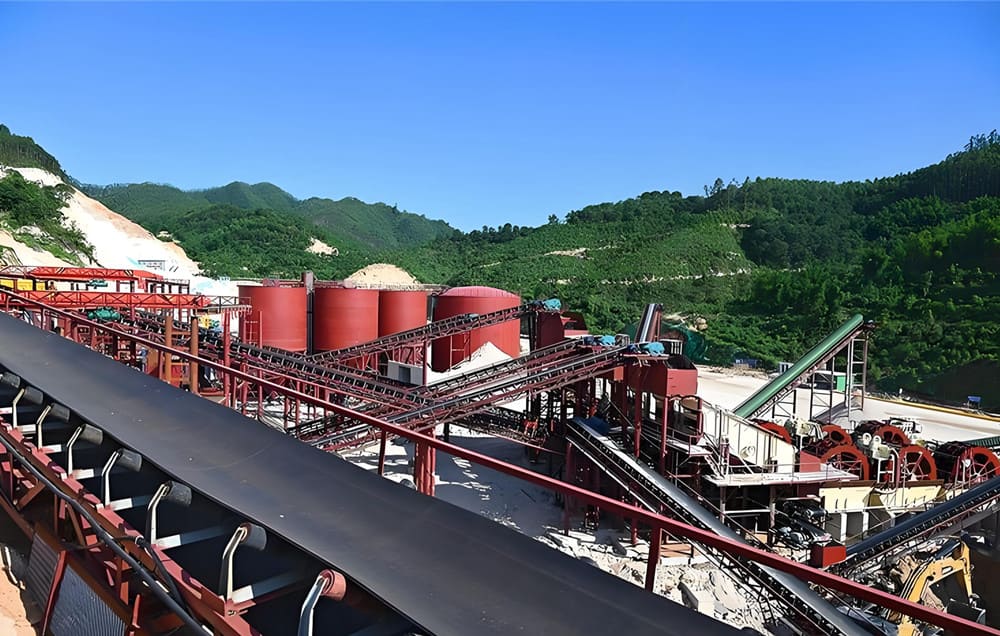
Manganese Ore Processing: Solutions for Refractory Ores
Manganese ore stands as a critical strategic resource in modern industries, playing an irreplaceable role in steelmaking, new energy batteries, chemical production, and other sectors. However, as high-grade manganese ore resources gradually deplete, the efficient processing of complex low-grade ores has become the industry’s core challenge. This article systematically analyzes
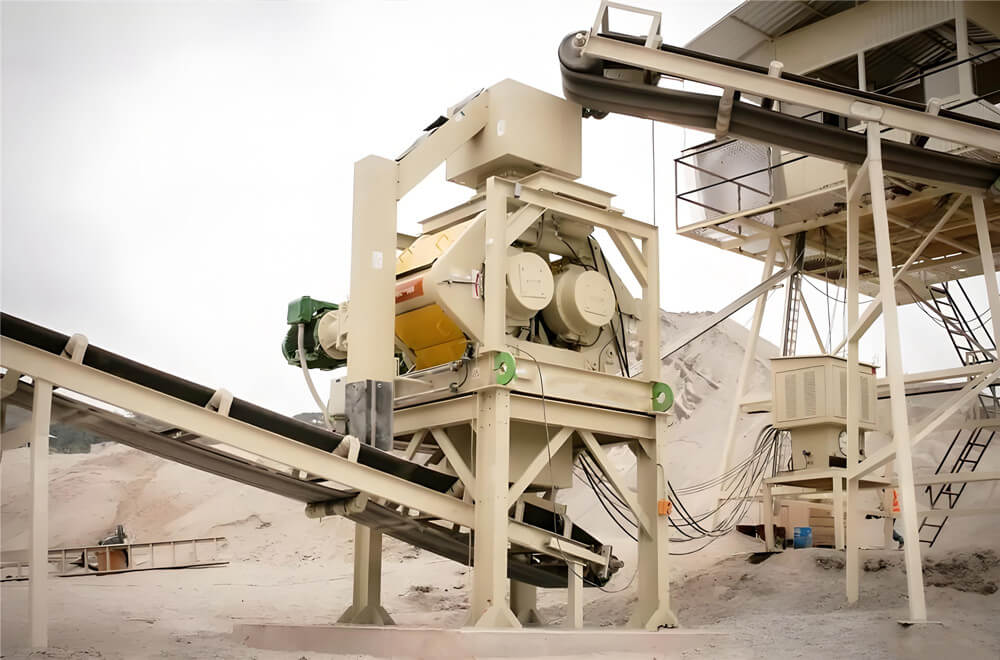
The Potential of HPGR to Replace Ball Mills
In mineral processing and metallurgy, comminution is one of the most energy-intensive stages, with ball mills dominating traditional grinding processes. However, driven by rising demands for energy savings and emission reductions, High-Pressure Grinding Rolls (HPGR) have emerged as a revolutionary alternative due to their superior efficiency and lower energy consumption. This article explores the technical advantages of
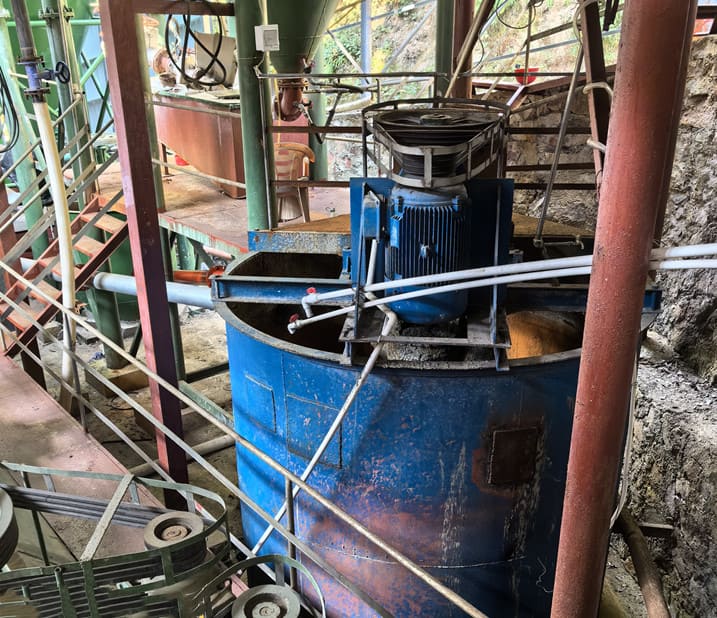
8 Types of Agitation Tanks for Mineral Processing
Agitated tanks are indispensable in mineral processing, facilitating mixing, leaching, flotation, and slurry homogenization. With varying designs tailored to specific operational needs, selecting the right agitation tank significantly impacts efficiency, recovery rates, and overall process stability. This article explores eight specialized types of agitated tanks: standard agitation tanks, high-efficiency agitation tanks, high-temperature
